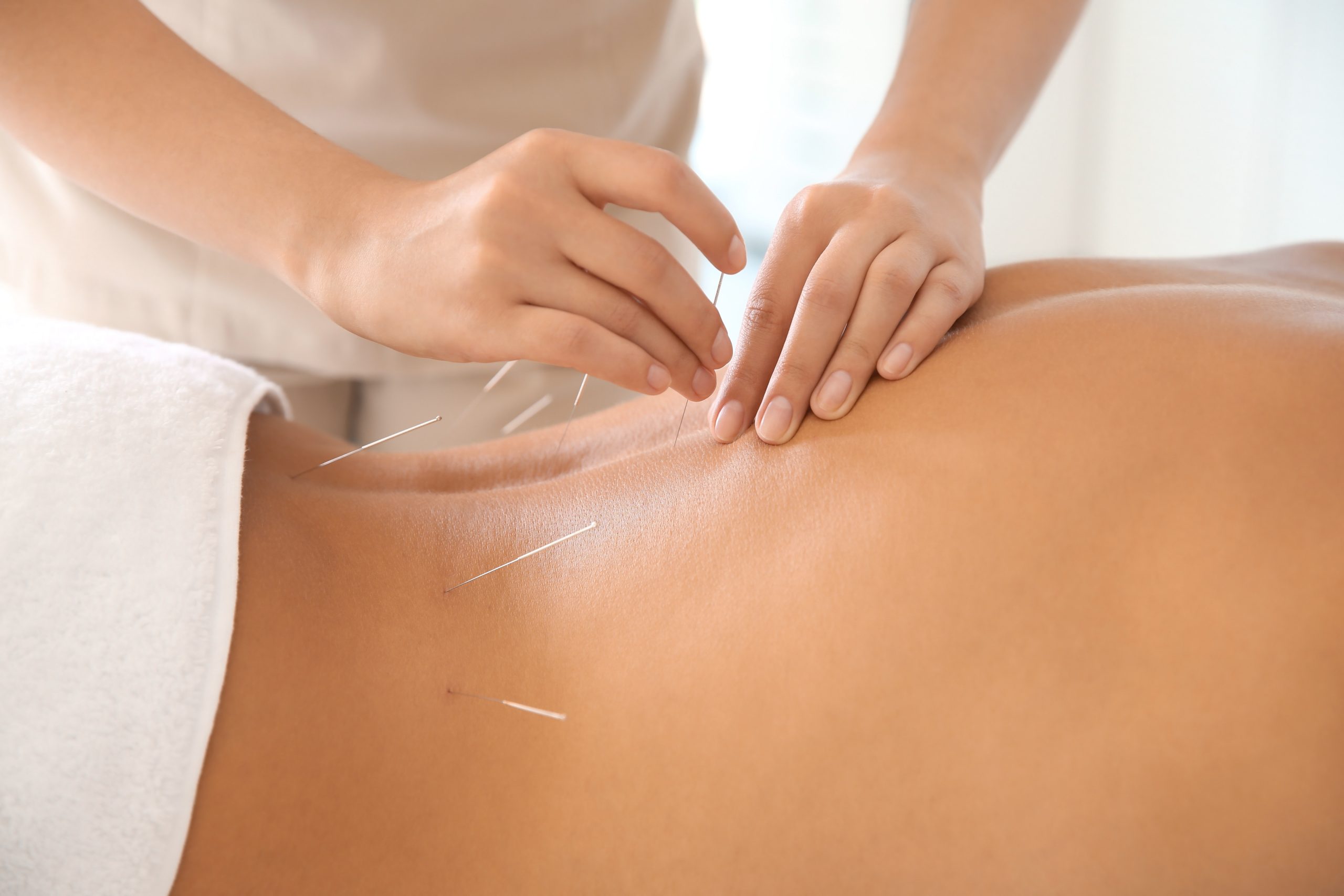
In the world of alternative and complementary medicine, acupuncture is a time-tested therapy utilized for various ailments. Recently, there has been increasing interest in acupuncture for prostate health. This article will shed light on how acupuncture might be beneficial for the prostate and what one should expect from such treatments.
The Science Behind Acupuncture and Prostate Health
Traditional Chinese Medicine (TCM) posits that our body’s health is governed by the flow of Qi (energy). Blockages or imbalances in this flow can lead to health issues. Acupuncture involves the insertion of thin needles at specific points on the body, aiming to restore balance and promote healing.
When it comes to prostate health, inflammation and improper circulation can lead to problems such as prostatitis or benign prostatic hyperplasia (BPH). The goal of acupuncture, in this context, is to reduce inflammation, improve blood flow, and alleviate symptoms associated with prostate issues.
Potential Benefits of Prostate Acupuncture
Several studies and clinical trials have explored the potential benefits of acupuncture for prostate health. Some of the observed advantages include:
- Symptom Relief: Some patients have reported a decrease in symptoms such as frequent urination, painful urination, or pelvic discomfort after undergoing acupuncture treatments.
- Reduced Inflammation: By promoting better blood flow and adjusting Qi, acupuncture might help in reducing inflammation around the prostate.
- Improved Quality of Life: Beyond the physical symptoms, prostate issues can impact a person’s overall well-being. Acupuncture may help in addressing not only the physical but also the emotional and mental toll of prostate-related conditions.
How Does Acupuncture Compare to Other Therapies?
While acupuncture can offer multiple benefits, it is often used in conjunction with other treatments. Acupressure and massage might be recommended to further enhance blood flow and relaxation, while western medicine might provide pharmaceutical remedies for immediate relief.
It is essential to consider acupuncture as a complementary therapy, meaning it can coexist with other treatments to create a holistic health plan.
What to Expect During an Acupuncture Prostate Session
If you are considering acupuncture for prostate health, understanding the process can alleviate any anxieties:
- Consultation: An initial meeting with the acupuncturist will involve a detailed discussion about your symptoms, medical history, and any concerns. This helps in tailoring the treatment to your specific needs.
- Treatment: During the session, you will typically lie on a table in a relaxed position. The acupuncturist will insert thin needles into specific points. You might feel a slight pinch during insertion, but the process is generally pain-free.
- Duration: A standard session lasts between 30 to 60 minutes. The number of sessions required depends on the severity of your symptoms and the treatment plan devised by the acupuncturist.
- Post-Treatment: After the session, you might feel relaxed or even slightly drowsy. It is advisable to avoid strenuous activities immediately after the treatment. Drinking water and resting can enhance the therapy’s effects.
Are There Any Risks?
As with any medical treatment, there are potential risks involved. However, when performed by trained and licensed professionals, acupuncture is considered safe. Potential side effects, which are rare, might include bruising at the needle site, mild pain, or infection. Always ensure that the practitioner uses sterile, single-use needles to avoid any complications.
Acupuncture offers a holistic approach to health and well-being. For those dealing with prostate issues, it presents an alternative or complementary method for symptom relief and overall prostate health. By understanding the science and process behind acupuncture for prostate health, patients can make informed decisions and potentially find a pathway to enhanced well-being and quality of life.